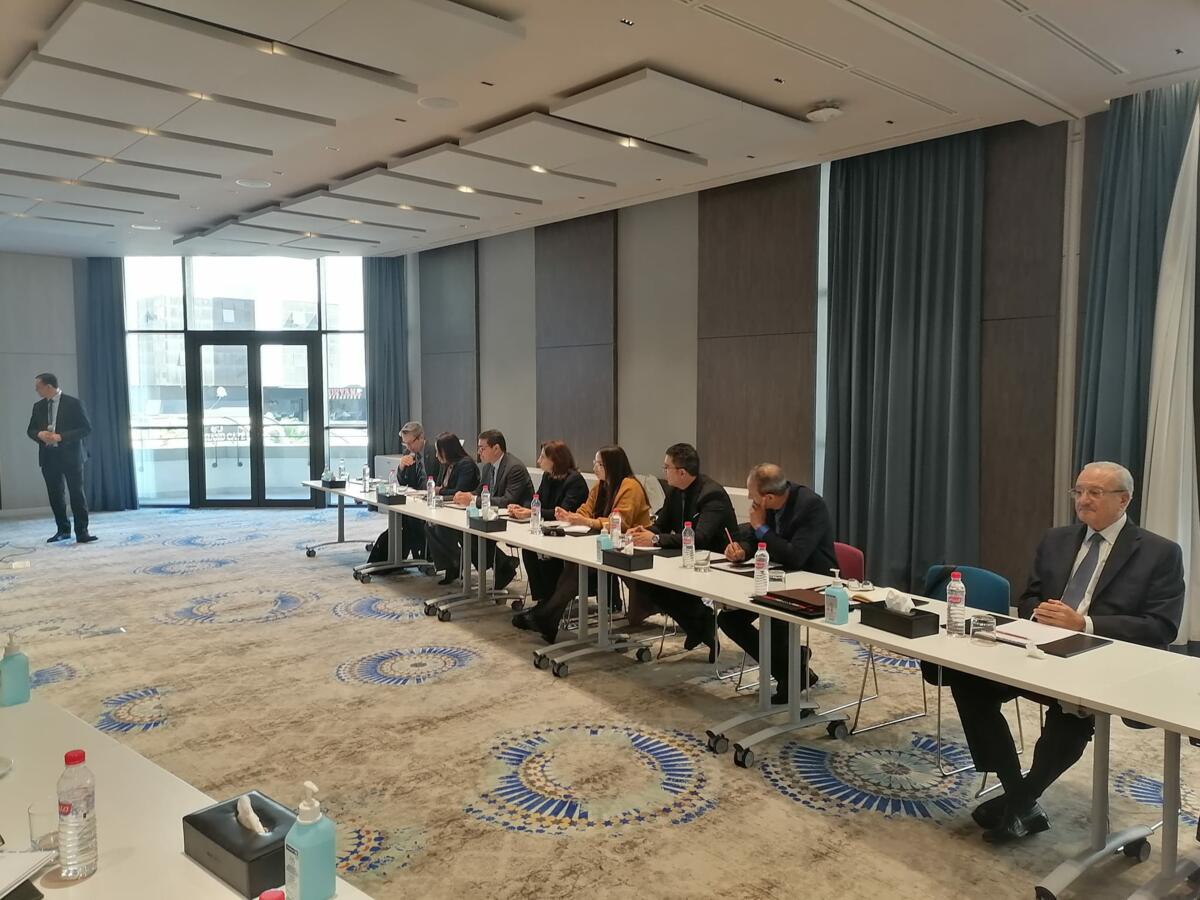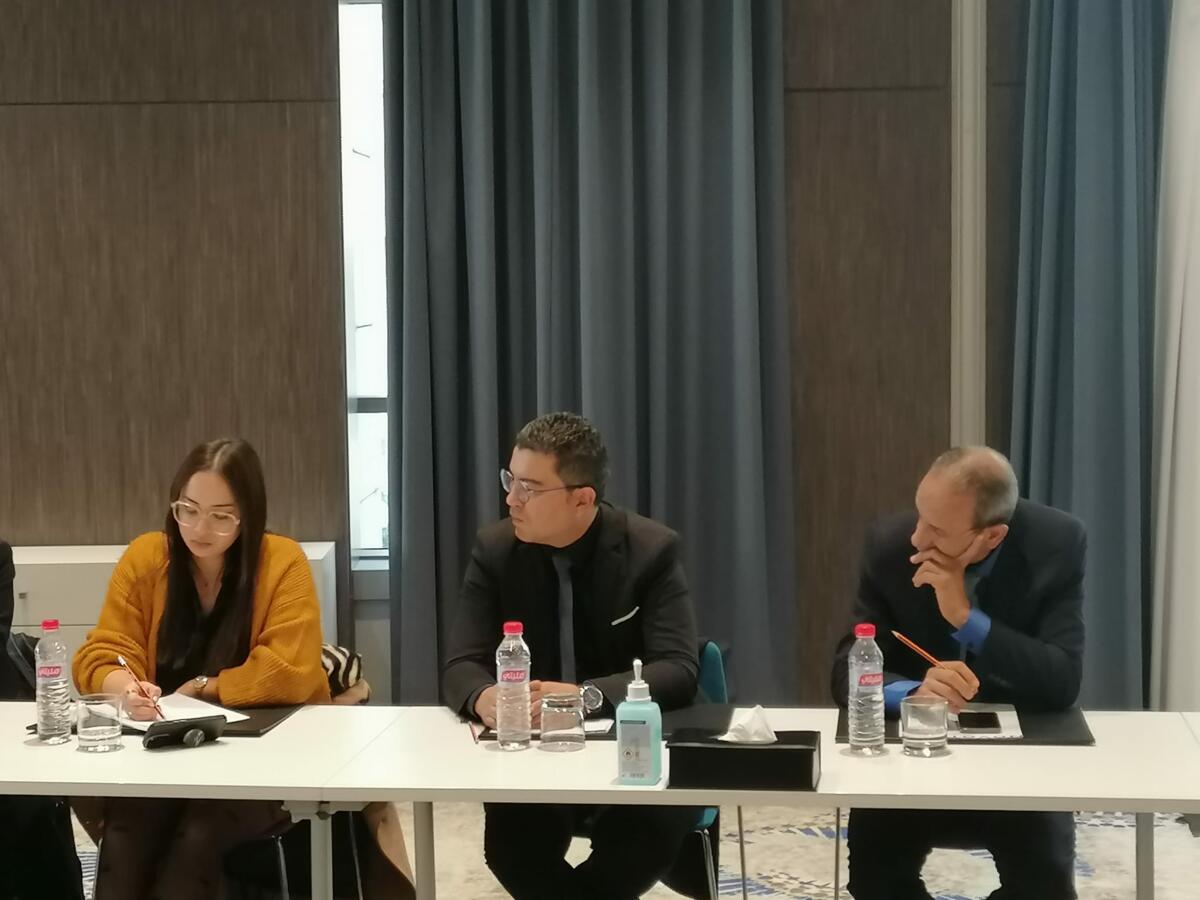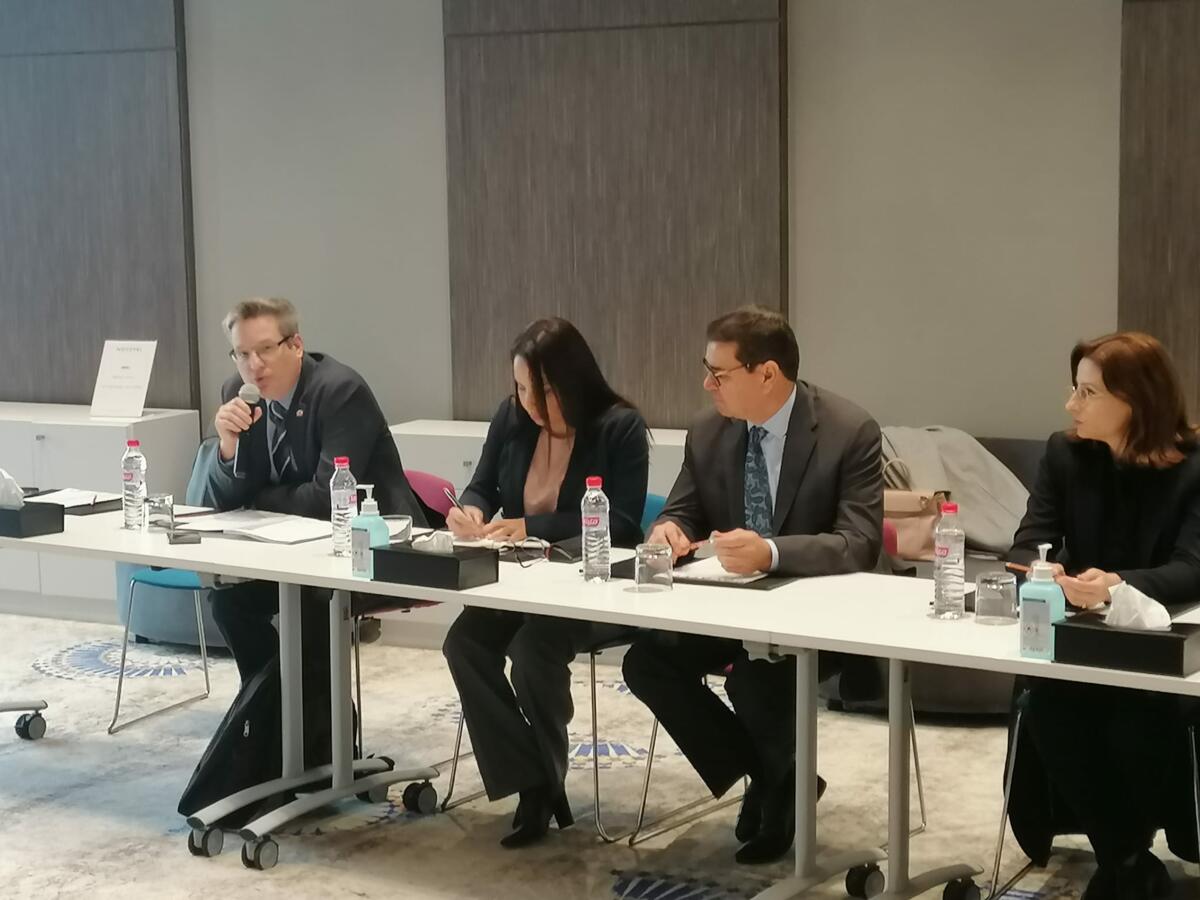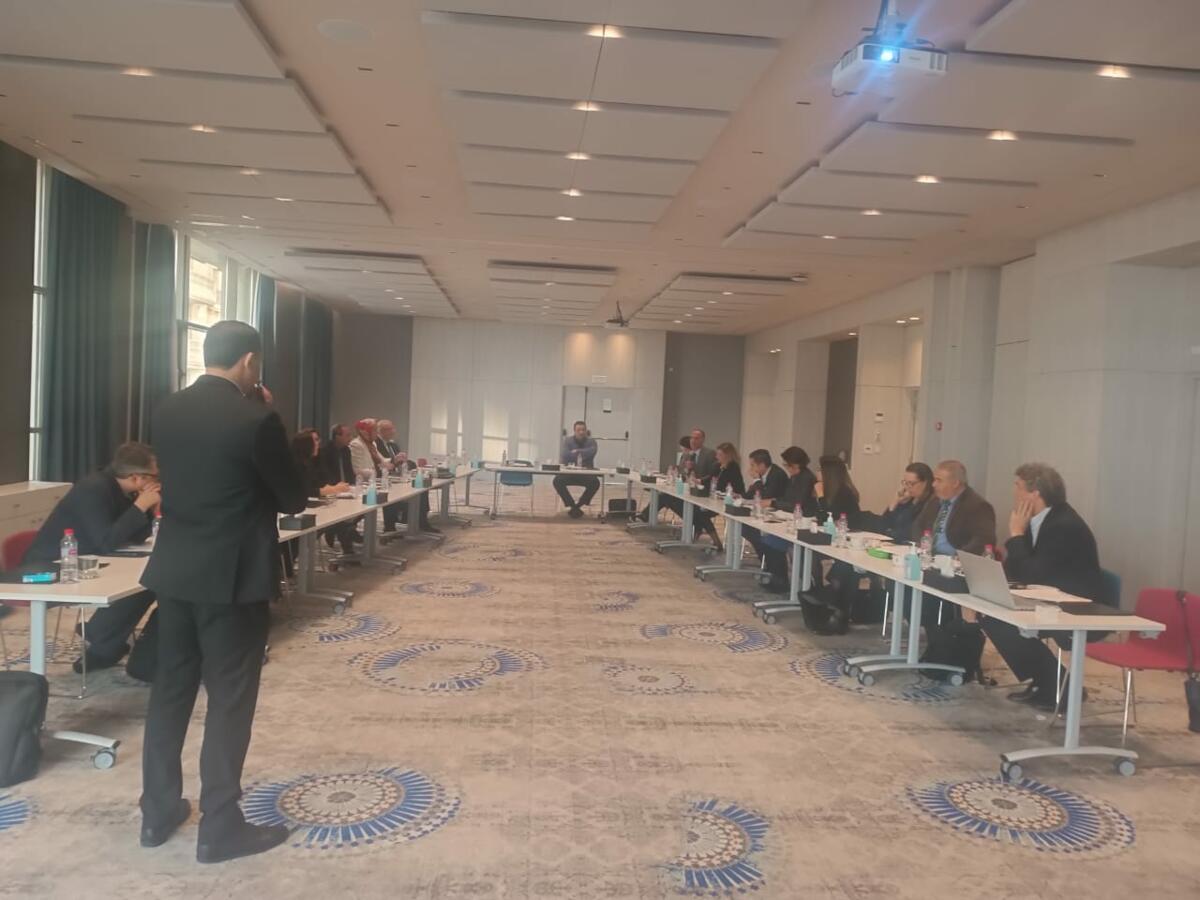Successful SIPPO Country Coordination Committee meetings in Tunisia
SIPPO held its fifth annual Coordination Committee on November 29, 2022, in the presence of representatives of SECO in Tunisia, Swisscontact Tunisia, the PAMPAT project as well as the five partner BSOs, namely CEPEX, APIA, CCITunis, GICA and GIPP.
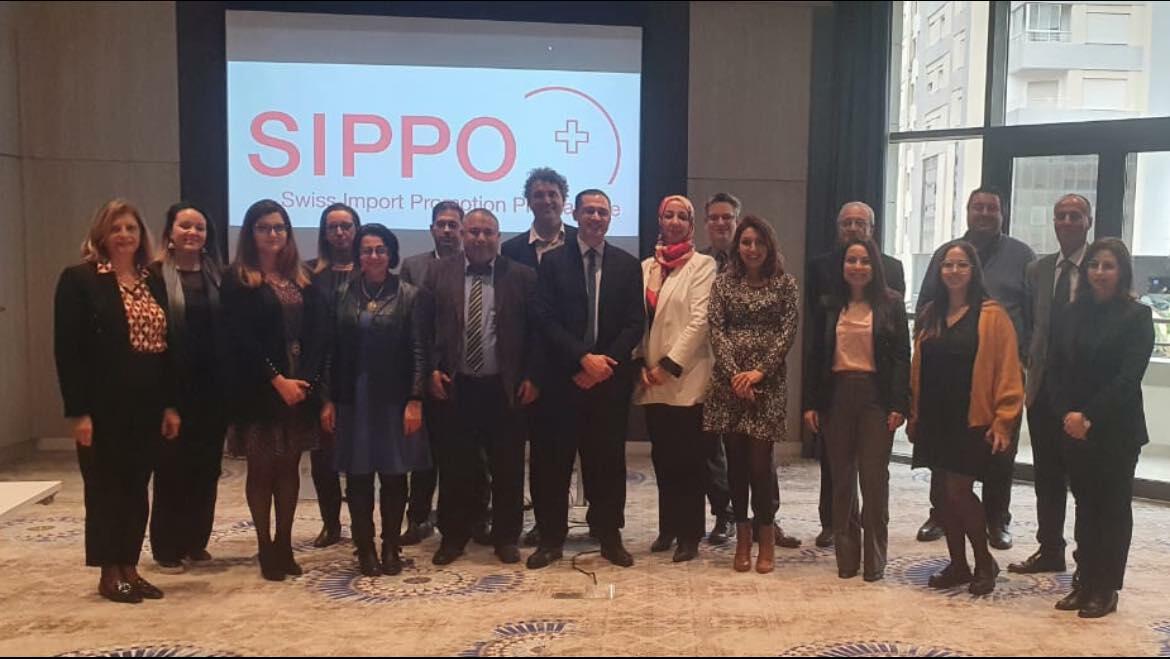
This committee was an occasion to present the main achievements and highlights of the collaboration during the year 2022 by emphasizing the strategic objectives of the various SIPPO interventions which are in continuity with what has been achieved in the previous years and aligning with the country strategy defined for phase 2 of the programme.
Presentation of successful activities
This committee was also an opportunity to present one of the successful activities this year relating to the study tour to Switzerland for to the olive oil sector where we shared the approach of the mission, the lessons learned and the recommendations for the access of food products on the Swiss market and more specifically for Tunisian olive oil.
Importance of sustainability aspect
On the other hand, SIPPO underlined the importance of taking into consideration the sustainability aspect in the export promotion and the key role of partner BSOs in sensitizing Tunisian exporters on the major changes in the structure of the Swiss and European markets related to sustainability, we cite as an example the regulations and requirements adopted within the framework of the European Green Deal and the European due diligence Act.
Presentations of BSOs
As for their part, the partner BSOs presented their objectives for the year 2023 as well as the activities planned as part of their collaboration with SIPPO. They also presented the achievements during the year 2022 in the sectors of intervention which are processed foods, natural ingredients and fish and seafood.
Importance of synergies and collaboration
The partner BSOs stressed the importance of synergies and collaboration between them which allows in a common effort to dynamize and strengthen the Tunisian export promotion ecosystem. Indeed, SIPPO acts and operates on this aspect of synergy and will continue to support the BSOs in this process to achieve better coordination and a broader and more significant impact on the development of Tunisian exports.
Several discussions and exchanges enriched the coordination committee, ruling on the excellent collaboration of the partner BSOs with the SIPPO programme and issuing interesting and ambitious ideas to enhance and optimize future interventions.



 North Macedonia
North Macedonia












